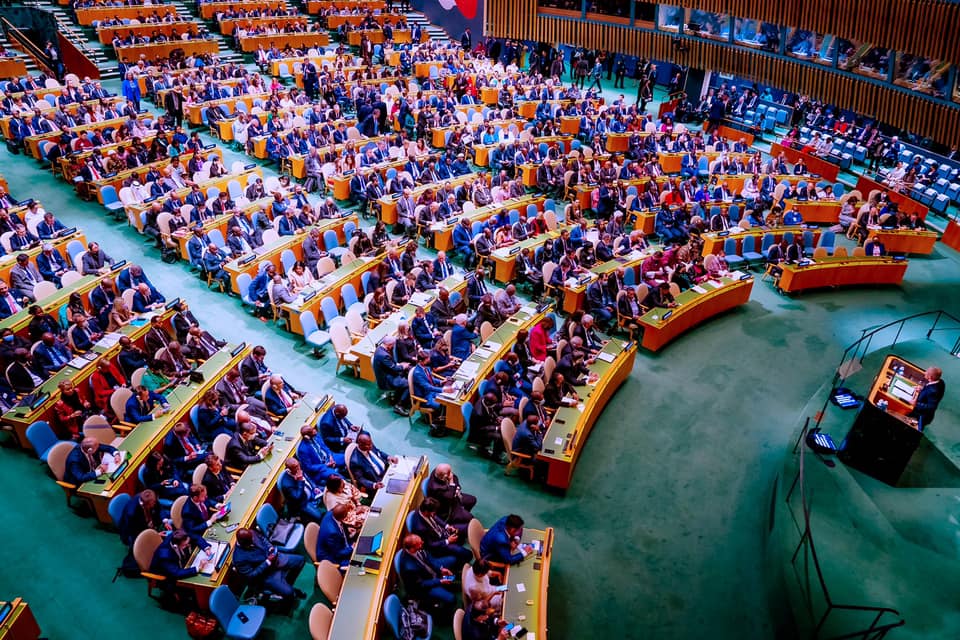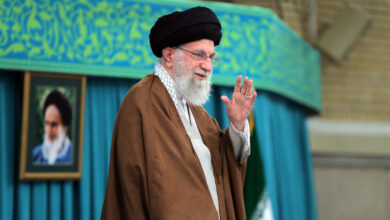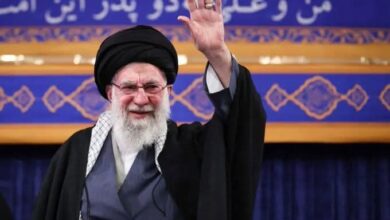“It is only when we do this, that we can create a world truly fit for all, and where no one is left behind.”
According to him, utilising information technology as a teaching tool holds the promise of transforming and erasing the boundaries of learning and re-engineering how learning occurs within and outside the classroom.
The President expressed optimism that bridging the digital divide would offer Nigeria opportunities to expand learning and transform the education system.
“Nigeria is restoring trust with its people, in order to provide safe learning environment and responsive services. That was why we were among the first to endorse the Safe Schools Declaration, SSD, while developing a national policy on school safety and security.
“Nigeria also hosted the 4th international conference on Safe Schools Declaration, SSD, in partnership with the African Union, Norway, Spain, Argentina and Global Coalition to Protect Education from Attack, GCPEA, in 2021,’’ he added.
Buhari said the implementation of the SSD had offered an avenue to address school safety in a broader context that now included gender-based violence and the protection of girls from hazards that contributed to insecurity and violence.
He said: “While this is a step forward for promoting the wellbeing of girls and ensuring they stay in school and learn, there are still many more grounds to cover.”
Buhari said Nigeria had also demonstrated its commitment towards strengthening learning outcomes and accelerating skills development by implementing cash transfer programmes.
He said the Nigerian government had dedicated special statutory funds to Universal Basic Education and special programmes, prioritising the scaling-up of play-based early childhood education, as well as foundational literacy and numeracy programmes.
“I am pleased to announce Nigeria’s participation in the Programme for the Analysis of Education System (PASEC 2024), as a complement to the ongoing efforts towards the institutionalization of national and school-based assessment. Doing so requires significant investment in schools and teacher training.
“This informed Nigeria’s launching of a new national teaching policy to address the career path, remuneration, and general welfare of our teachers.
“We are now prioritizing the full implementation of professional teaching standards and teacher qualification framework while improving their recruitment, deployment and management.
“We will empower schools with the resources to truly transform teaching and learning, as we understand that efforts to improve the quality of education provision and learning outcomes are underpinned by the understanding that learners, teachers, and school leaders are the key stakeholders in education reforms,’’ the President said.













